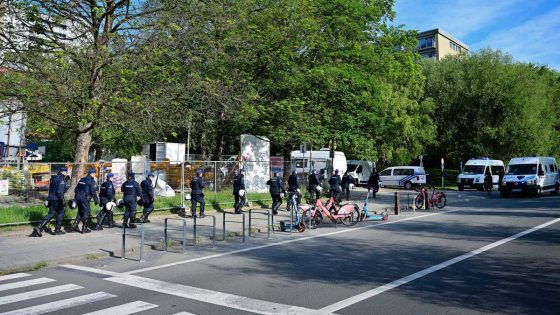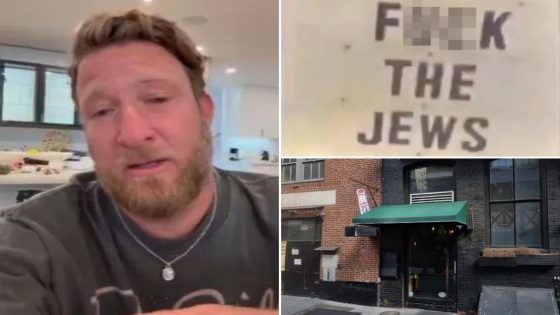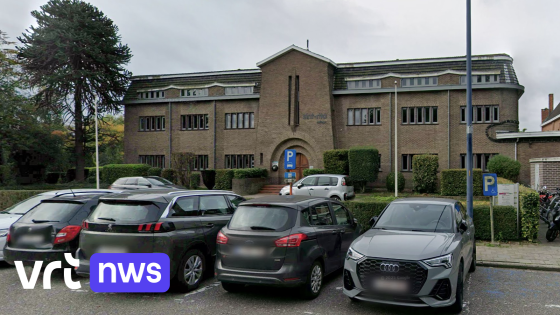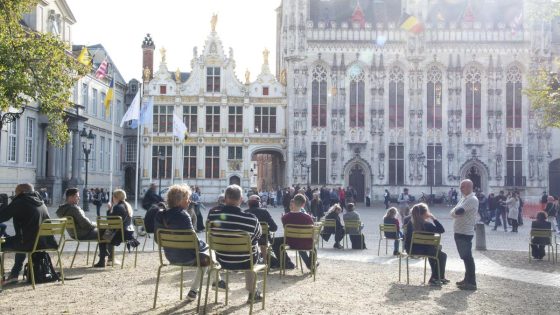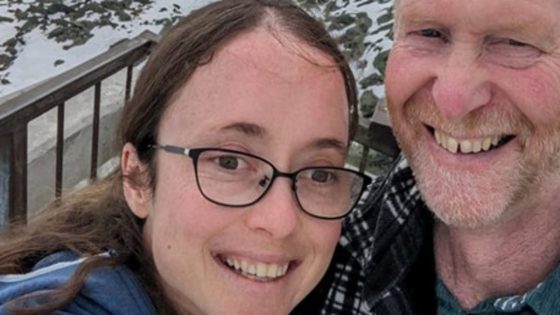Drug-related crime in Brussels remains a pressing concern, especially in vulnerable neighbourhoods like Anderlecht’s Peterbos district. On 2025-06-12 15:59:00, a major police operation involving 900 officers targeted this hotspot, highlighting the ongoing struggle against drug trafficking in the capital.
- Police secured 271 vacant apartments in Anderlecht
- Drug dealers exploited empty renovated housing units
- Authorities arrested suspects and found weapons, drugs
- Prosecutor plans repeated large-scale security operations
- Community presence prioritized over permanent police deployment
- Anderlecht invests nearly 15 million euros in renewal
The Peterbos social housing complex, currently undergoing renovations, had become a hub for dealers exploiting empty apartments. Authorities acted decisively to secure these spaces and disrupt the local drug trade, signaling a renewed commitment to reclaiming public safety in Brussels.
With such large-scale interventions gaining attention, many ask: how sustainable are these efforts? And what does this mean for residents who live daily with the threat of drugs? The answers lie in a broader strategy, as officials prepare to expand similar operations across the city.
Will these police actions lead to lasting change or just temporary relief? The operation in Peterbos serves as a test case for a larger five-step plan aimed at dismantling drug networks. Key factors include:
- Coordination between local and federal police forces to target hotspots.
- Sealing off empty apartments to prevent reoccupation by dealers.
- Increasing positive community presence through police and local services.
- Investing millions in neighbourhood renewal to address root causes.
Looking ahead, sustained cooperation between police, community groups, and local government will be crucial. Can Brussels maintain momentum to ensure drug mafias no longer dominate its neighbourhoods? The coming months will reveal how these efforts reshape the capital’s public spaces for good.



